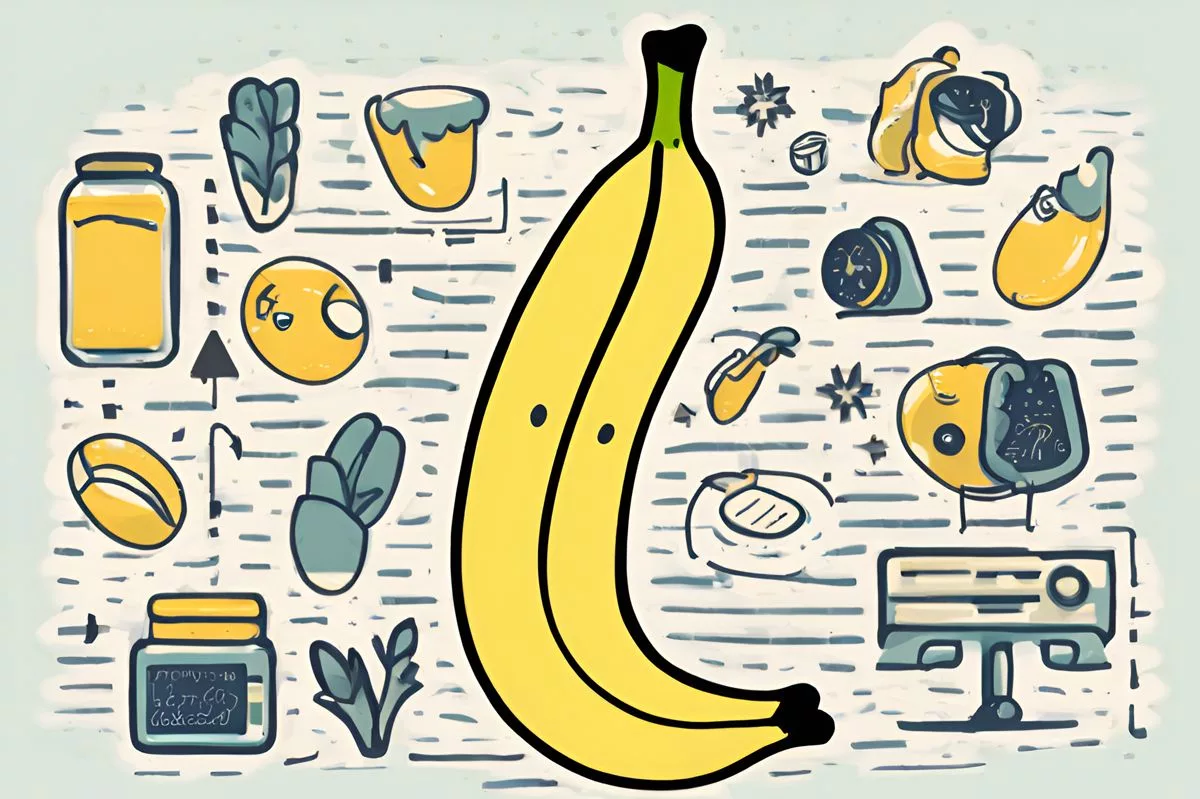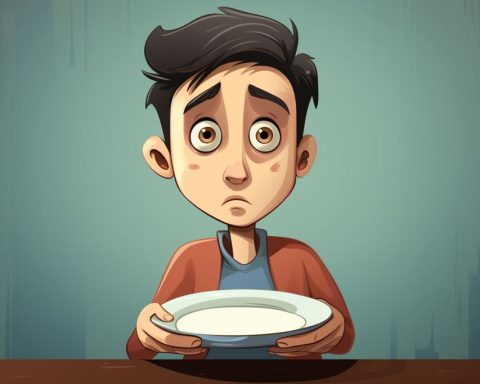Did you know that what you eat could be affecting the quality of your sleep? Studies have shown that consuming large amounts of sugar, saturated fats, and processed carbs can cause interruptions in your sleep cycle and leave you feeling lethargic. On the other hand, foods like bananas, dairy products, pineapple, avocados, boiled eggs, and herbal teas can enhance your sleep quality and help you get a good night’s rest. So, nourish your body with the right foods and sleep well!
Unveiling the Diet-Sleep Connection
Emerging studies have indicated a significant relationship between our diet and sleep patterns, illuminating the link between our eating habits and the quality of our sleep. Science has shown that a diet that is rife with sugar, saturated fats, and processed carbs can undermine your sleep, causing interruptions that can make you feel lethargic and groggy.
Unveiling the Diet-Sleep Connection
Indeed, sleep is integral to our health and overall well-being. However, a substantial number of individuals grapple with the issue of inadequate quality sleep. If you regularly spend your nights tossing and turning, the solution might not be found in the medication section of your local pharmacy, but rather in the food aisle. Emerging studies have indicated a significant relationship between our diet and sleep patterns, illuminating the link between our eating habits and the quality of our sleep.
Science has shown that a diet that is rife with sugar, saturated fats, and processed carbs can undermine your sleep, causing interruptions that can make you feel lethargic and groggy. When these unhealthy foods take the center stage in your diet, they can destabilize your sleep cycle and overall health.
In many cases, sleep disturbances are the direct results of poor eating decisions, which can be worsened by late-night munching. Eating just before heading to bed can kickstart your digestive processes, leading to internal disturbances when your body is trying to relax. This can result in a night of poor sleep. A useful strategy to avoid this is to stay clear of heavy meals during dinner. This way, you’re not only promoting better sleep but also controlling your weight.
Food’s Role in Better Sleep
While this may present a somewhat negative portrayal of food’s role in sleep, all hope is not lost. Just as certain foods can disrupt sleep, others can enhance it. Adopting a diet that is nutrient-dense and packed with vitamins, minerals, and other essential nutrients that facilitate better sleep can lead to quality rest. Let’s delve into the specifics of these sleep-enhancing foods.
Bananas are packed with sleep-friendly substances, such as tryptophan and melatonin. Eating a banana before going to bed can cue your body to prepare for sleep, effectively stabilizing an erratic sleep cycle.
Dairy products, which are another group of sleep-enhancing foods, serve a dual function. They are rich in tryptophan, a known sleep-inducing substance, and also brimming with calcium, a mineral that aids muscle relaxation, thereby contributing to a restful night.
Superfoods for Sleep Enhancement
Pineapple, a tropical fruit, is another sleep booster. It elevates the body’s melatonin levels, successfully inducing sleepiness. You might want to consider including this juicy fruit in your evening regimen for a calming wind-down.
Avocados, famed for their healthy fats, also have sleep benefits. They are packed with folate, a vitamin that triggers the production of sleep-controlling neurotransmitters such as melatonin and serotonin. This makes avocados an excellent option for those struggling with sleep issues due to a folate deficiency.
The simple kiwi, with its powerful blend of antioxidants and serotonin, can prove beneficial for those having trouble falling asleep or experiencing night-time disruptions. Likewise, boiled eggs, rich in melatonin, can improve sleep quality when included in a balanced diet.
Herbal teas, especially the decaffeinated varieties like chamomile, are recognized for their calming, sedative properties. Enjoying a hot cup before bedtime can pave the way for a peaceful night’s sleep.
Nourishment for Better Sleep
Our relationship with food is not merely about fulfilling basic nutritional needs. The way we eat directly influences our sleep quality, providing us with an influential tool to enhance our rest. As we gain a deeper understanding of diet’s role in sleep, we can make educated decisions about our food consumption, utilizing nutrition as a natural sleep aid. In our pursuit of restful sleep, our kitchen might be our primary line of defense against sleeplessness. It’s vital to remember that a well-nourished body equates to a well-rested one.
How does diet affect sleep quality?
Consuming large amounts of sugar, saturated fats, and processed carbs can cause interruptions in your sleep cycle and leave you feeling lethargic. On the other hand, foods like bananas, dairy products, pineapple, avocados, boiled eggs, and herbal teas can enhance your sleep quality.
Can poor eating decisions worsen sleep disturbances?
Yes, poor eating decisions can worsen sleep disturbances. Eating just before heading to bed can kickstart your digestive processes, leading to internal disturbances when your body is trying to relax. This can result in a night of poor sleep.
What is a useful strategy to avoid poor sleep caused by eating before bed?
A useful strategy to avoid poor sleep caused by eating before bed is to stay clear of heavy meals during dinner. This way, you’re not only promoting better sleep but also controlling your weight.
What are some sleep-enhancing foods?
Bananas are packed with sleep-friendly substances, such as tryptophan and melatonin. Dairy products are rich in tryptophan and also brimming with calcium, a mineral that aids muscle relaxation. Pineapple elevates the body’s melatonin levels. Avocados are packed with folate, a vitamin that triggers the production of sleep-controlling neurotransmitters. Boiled eggs are rich in melatonin. Herbal teas, especially the decaffeinated varieties like chamomile, are recognized for their calming, sedative properties.
How does a nutrient-dense diet help with sleep?
Adopting a diet that is nutrient-dense and packed with vitamins, minerals, and other essential nutrients that facilitate better sleep can lead to quality rest.
How can we utilize nutrition as a natural sleep aid?
As we gain a deeper understanding of diet’s role in sleep, we can make educated decisions about our food consumption, utilizing nutrition as a natural sleep aid.













